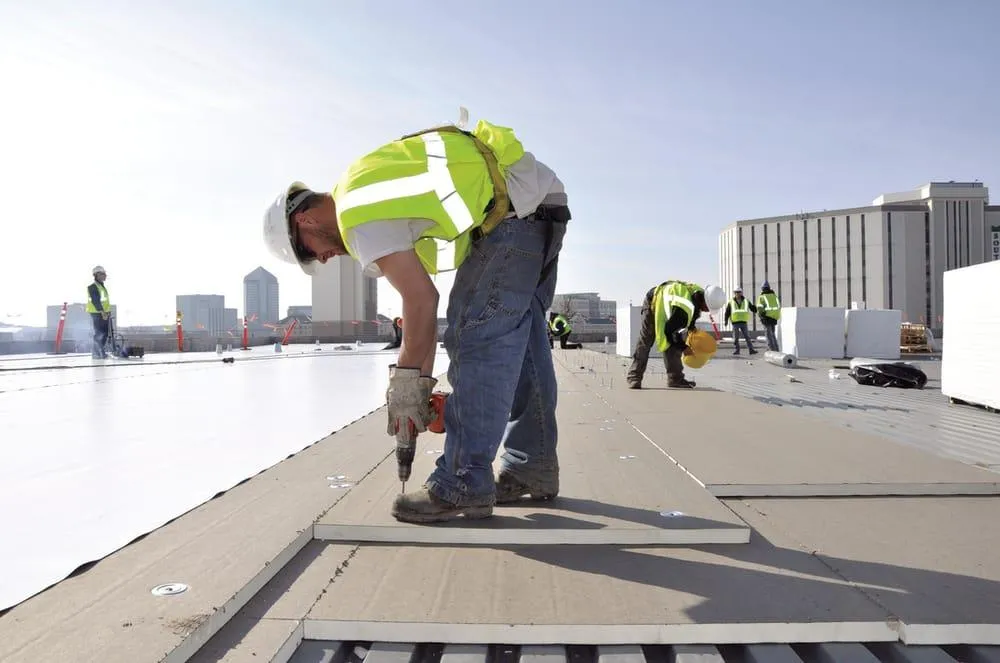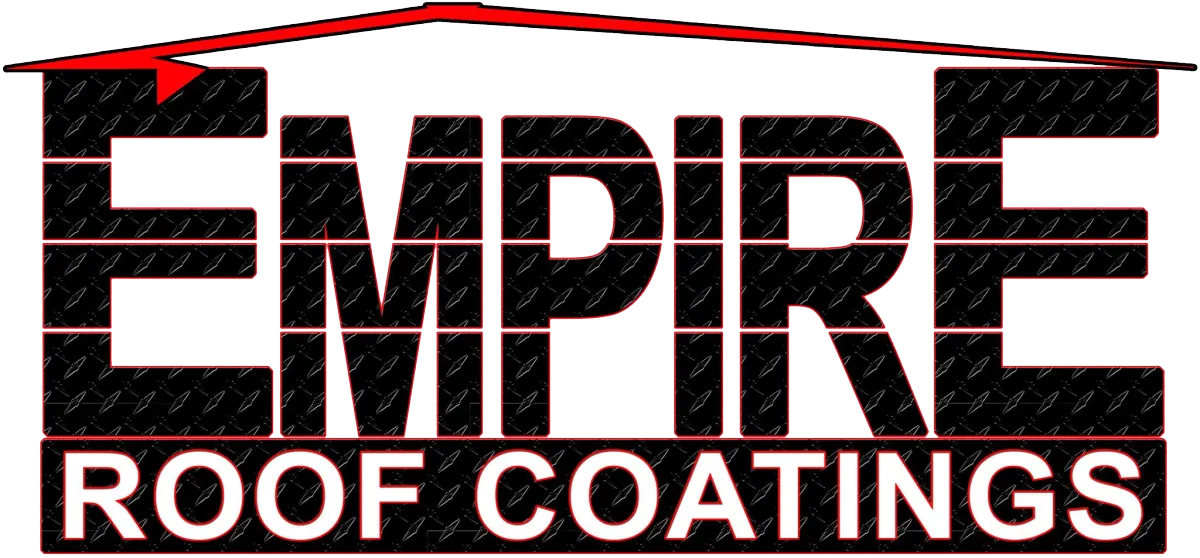BLOG
Arrange for roof installation services in Spokane, WA

TPO vs PVC Roofing for Spokane Buildings | Empire Roof Coatings
Introduction
Commercial building owners in Spokane face a constant challenge: maintaining durable, energy-efficient roofs that can withstand both snowy winters and hot, dry summers. Among flat roofing solutions, single ply membranes—specifically TPO and PVC—are two of the most popular options.
But which one is the better fit for Spokane’s climate and building needs? In this article, we’ll break down the differences between TPO and PVC roofing, highlight their advantages, and help you decide which system makes the most sense for your property.
What Are Single Ply Membranes?
Single ply membranes are flexible, sheet-like roofing materials installed in large rolls over flat or low-slope roofs. They are adhered, mechanically fastened, or heat-welded to create a watertight, durable covering.
Two main types dominate the market:
TPO (Thermoplastic Polyolefin): A relatively newer roofing option that combines durability, heat reflectivity, and affordability.
PVC (Polyvinyl Chloride): A long-standing roofing material known for chemical resistance, flexibility, and longevity
Both are widely used in commercial roofing, but they differ in performance, cost, and best-use scenarios.
TPO vs PVC Roofing: A Side-by-Side Comparison
Decision Guide: Choosing the Right Membrane for Spokane
When deciding between TPO and PVC for your building, consider these factors:
Climate Conditions
Spokane experiences hot summers and freezing winters. TPO’s reflective surface helps reduce cooling costs, while PVC’s flexibility excels in extreme cold.
Building Use
Restaurants or facilities with exhaust systems benefit from PVC’s chemical resistance.
Warehouses and office buildings often choose TPO for its balance of durability and energy performance.
Budget
TPO is generally less expensive, making it attractive for large projects.
PVC costs more but can deliver a longer lifespan.
Sustainability Goals
Both materials are recyclable, but TPO is newer and sometimes promoted as a “greener” option due to its energy efficiency.
FAQs on Single Ply Membrane Roofing
Is TPO or PVC better for flat roofs in Spokane?
Both work well, but TPO is often chosen for its affordability and energy savings, while PVC is preferred in settings where chemical resistance is critical.
Which membrane lasts longer?
PVC generally outlasts TPO, with lifespans up to 30 years when maintained properly.
Are TPO and PVC roofs energy-efficient?
Yes. Both reflect sunlight, but TPO typically offers slightly higher reflectivity, lowering cooling costs.
Can these membranes handle Spokane’s snow and ice?
Yes. Both systems perform well, though PVC’s flexibility can better resist cracking during freeze-thaw cycles.
Can they be installed over an existing roof?
In many cases, yes. Both TPO and PVC can be installed over a sound existing roof, reducing tear-off costs.
Conclusion: Which Single Ply Membrane Is Right for Your Spokane Building?
Both TPO and PVC offer excellent protection, energy efficiency, and long-term savings for Spokane property owners. The right choice depends on your budget, building type, and performance priorities:
Choose TPO if you want an affordable, energy-efficient solution for standard commercial buildings.
Choose PVC if chemical resistance, flexibility, and maximum longevity are your top concerns.
Empire Roof Coatings specializes in helping Spokane businesses choose and install the right roofing system for their needs.
Contact Empire Roof Coatings today to schedule a free inspection and consultation on TPO and PVC roofing options.
ABOUT OUR COMPANY
Empire Roof Coatings is Spokane, WA's premier provider of seamless roofing systems for commercial and industrial buildings.
WA: EMPIRRC788B7
ID: RCE-61452
OUR SERVICES
QUICK LINKS
CONTACT INFORMATION
Phone: 509-230-7262
Business Hours:
Monday - Friday: 9:00 AM - 5:00 PM
Saturday: 10:00 AM - 3:00 PM
Sunday: Closed
Copyright 2025 • All rights reserved • Empire Roof Coatings
